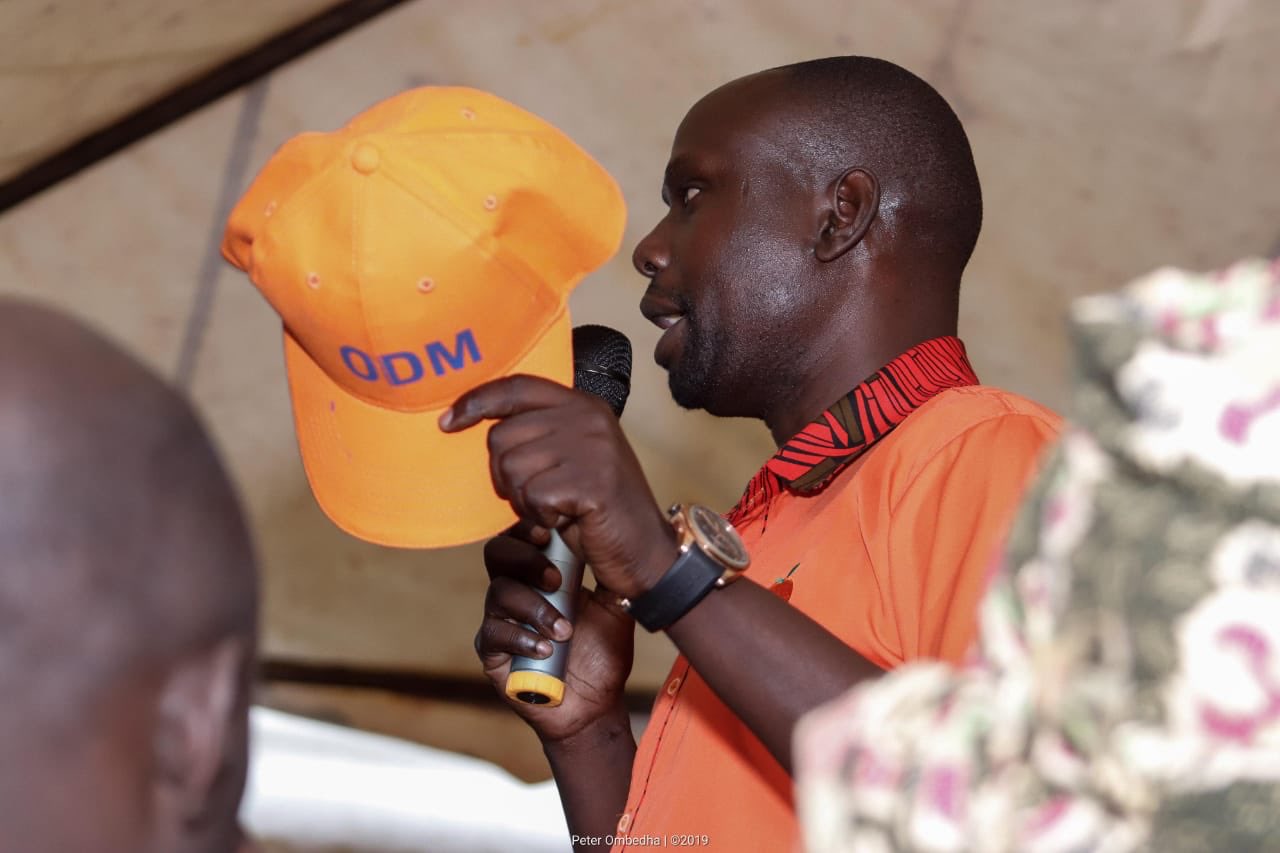
A local commercial bank has been put under a tight watch of the Central Bank of Kenya (CBK) over claims that it is a conduit of criminal activities.
Investigations by the editor of this site reveal that the African Banking Corporation (ABC) Limited has been undergoing CBK audits, stress checks and risk tests, putting questions into the dealings that the institution .
While sources at the Central Bank say the bank’s “questionable” practices are not a “copy-paste” of the Imperial Bank, which was put under receivership a few years ago, but to some degree, the activities of the two financial institutions resemble.
“This is an early stage which we do not want to divulge further information on,” said a CBK source at the Department of Bank Supervision in an interview.
At the centre of the audits and tests were the bank’s liquidity position, its capital adequacy, both of which CBK says is sufficient. “However, this is undone by some stains emanating from questionable activities, which make us think the bank and some of its owners could actually be part of an international ring that launders money.”
Indeed, a confidential exchange between the Central Bank of Kenya and the United States Government seen by cnyakundi.com with the subject: Bank Fraud & Money Laundering in the East African region adversely mentions ABC bank as one of the platforms through which drug dealers, pirates and other criminals clean their cash.
“Money laundering within commercial banks is on the rise in Kenya and the greater East Africa. This is a matter of huge concern to not only Kenya but also the US government,” read part of the exchange, signed off by a Mr Paul J of the US State Government.
The email, goes further to mention a “notorious” gun runner, Victor Buot, who worked closely with individuals and some Kenyan commercial banks companies to launder money as well as buy small arms from the unstable countries like Somalia, South Sudan and Pakistan. In Pakistan case, sources at the Banking Fraud Unit (BFU) intimate, is where money might have originated from ABC bank. It important to note that it is Bout, who allegedly supplied surface-to-air missiles used to attack an Israeli airliner during take-off in Kenya in 2002.

Viktor Bout is serving 25 years saahi in US jail he was nicknamed merchant of death by the press
A Banking Fraud Unit source that we spoke to says they have been working closely with their counterparts in the United States and the United Kingdom “to unearth the dirty, highly-connected cartel of money laundering that is thriving in some of the Kenyan commercial banks.”
A confidential letter from the Scotland Yard to Central Bank and copied to the Banking Fraud Unit in January 2015 and seen by this the editor of this website says authorities in Kenya need to investigate the “strong appetite” ABC bank has for the housing sector, particularly in Nairobi and the Kenyan coast, Mombasa. It further says the bank has acquired a huge swath of land in Lamu, near where the new proposed port is to be built. National Lands Commission has since confirmed that the land, about 100 acres, is linked with the African Banking Corporation. “I cannot verify if indeed the land was acquired legally. But the ownership could be due to speculative reasons,” he said. However, immediate chairman of NLC, Swazuri could not divulge further information on the parcel of land.
In September 21 last year, a Mr Gerald A. Nyaoma of the Central Bank of Kenya, in an internal memo (CBK/GOV/23/09/2018) to Dr Njoroge, Dr Haron Sirima and Sheila M’Mbijjewe, said that the Supervision Department team had completed its investigations into the serious allegations that link the African Banking Corporation Limited with criminal activities. Mr Nyaoma said the investigation involved not just the CBK staff but also members of the Banking Fraud Unit, the Criminal Investigations Department, Anti-Terrorism Unit and the Office of the Attorney General.

The memo, exclusively accessed by this website, said the ownership and management of ABC bank were not clearly outlined and separated contrary to the specified CBK rules and regulations. Further, it said that the “bank seems to be overly interested at real estate investments in Mombasa and Nairobi. Of particular interest is how the bank acquired about 100-acre piece of plot in Lamu.” At the end of the memo, Mr Nyaoma says a final report would be shared “soon”.
This is not the first time a commercial bank is put under tight watch by authorities. The Imperial Bank of Kenya was also put on the spot over its questionable operations leading to its eventual technical collapse. Critics peg the ongoing, ruthless cleaning of commercial banks to current governor, who has so far appeared to have zero-tolerance to the under-the-table dealings.
Financial expert and long-time Citibank analyst Frank Maina says “In other parts of the world, banks that break anti-money laundering laws and regulations will at a minimum lose their banking licences.”
He adds that banks’ board of directors should be personally liable and should be prosecuted if the banks they head break the anti-money laundering laws and regulations.
In its website, African Banking Corporation says it provides banking services to large corporations, medium-sized businesses, small business enterprises as well as individuals. As at 2013, the bank was ranked number 23, by assets, out of 43 commercial banks in Kenya.

















































